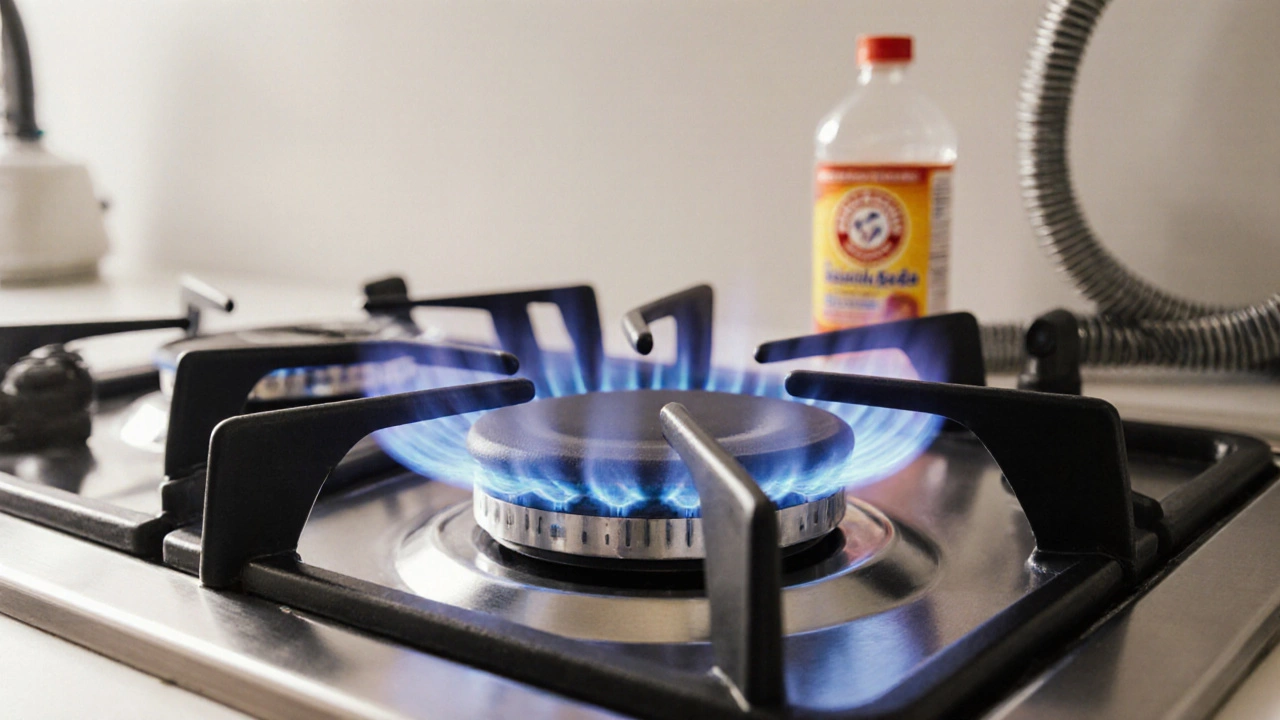Gas Appliance Replacement: When to Swap and What to Know
When your gas appliance, a home device that uses natural gas or propane for heating or cooking. Also known as gas-fired appliance, it stops working reliably, you’re not just dealing with inconvenience—you might be risking safety. Gas cookers, ovens, and hobs are built to last 10 to 15 years, but wear, corrosion, or faulty ignition systems can make them dangerous long before they fully break down. If you’ve noticed strange smells, yellow flames instead of blue, or if your gas hob won’t light even after cleaning the burners, it’s not just a repair issue—it’s a gas appliance replacement conversation.
Replacing a gas appliance isn’t like swapping out a lightbulb. It requires certified professionals, proper ventilation checks, and compliance with UK gas safety regulations. You can’t just buy a new gas cooker online and plug it in. The gas line, flue, and pressure settings all need to be tested. That’s why many homeowners wait too long, hoping a quick fix will do. But a 12-year-old gas oven with a failing thermostat or a gas hob with cracked burner heads isn’t just inefficient—it’s a fire hazard. And while you can fix a broken igniter or clean a clogged jet, those are temporary fixes. If your unit is over 10 years old and needs repairs more than once a year, replacement is almost always the smarter, safer, and cheaper long-term move.
Related entities like gas cooker, a kitchen appliance combining oven and hob powered by gas and gas hob, the stovetop section of a cooker that uses gas burners for cooking often get overlooked when it comes to replacement timing. People fix the oven but ignore the hob, or vice versa. But if one part is failing, the others are likely close behind. Modern gas appliances are more energy-efficient, safer with automatic shut-offs, and quieter. A new gas cooker can cut your energy bill by 20% compared to a 15-year-old model. And with gas prices staying volatile, efficiency matters more than ever.
Don’t wait for a gas leak to make the decision. Look for signs: delayed ignition, soot buildup around burners, uneven heating, or the smell of rotten eggs (that’s added mercaptan to warn you). If your appliance was installed before 2010, it likely lacks modern safety features like flame failure devices. Even if it still works, it’s operating on outdated tech. A certified gas engineer can test your unit in under an hour and tell you if replacement is needed—or if a repair will do. But be honest: if you’ve had three repairs in two years, you’re already spending more than a new unit would cost.
Below, you’ll find real-world guides that break down exactly when to walk away from an old gas appliance, how to spot hidden dangers, and what to look for in a replacement. No fluff. No sales pitches. Just clear, practical advice from people who’ve seen what happens when gas appliances are ignored too long.
29 October 2025
·
0 Comments
Learn the real-life expectancy of gas appliances like stoves, water heaters, and furnaces. Discover signs it's time to replace them and how to extend their life with simple maintenance.
Read more


